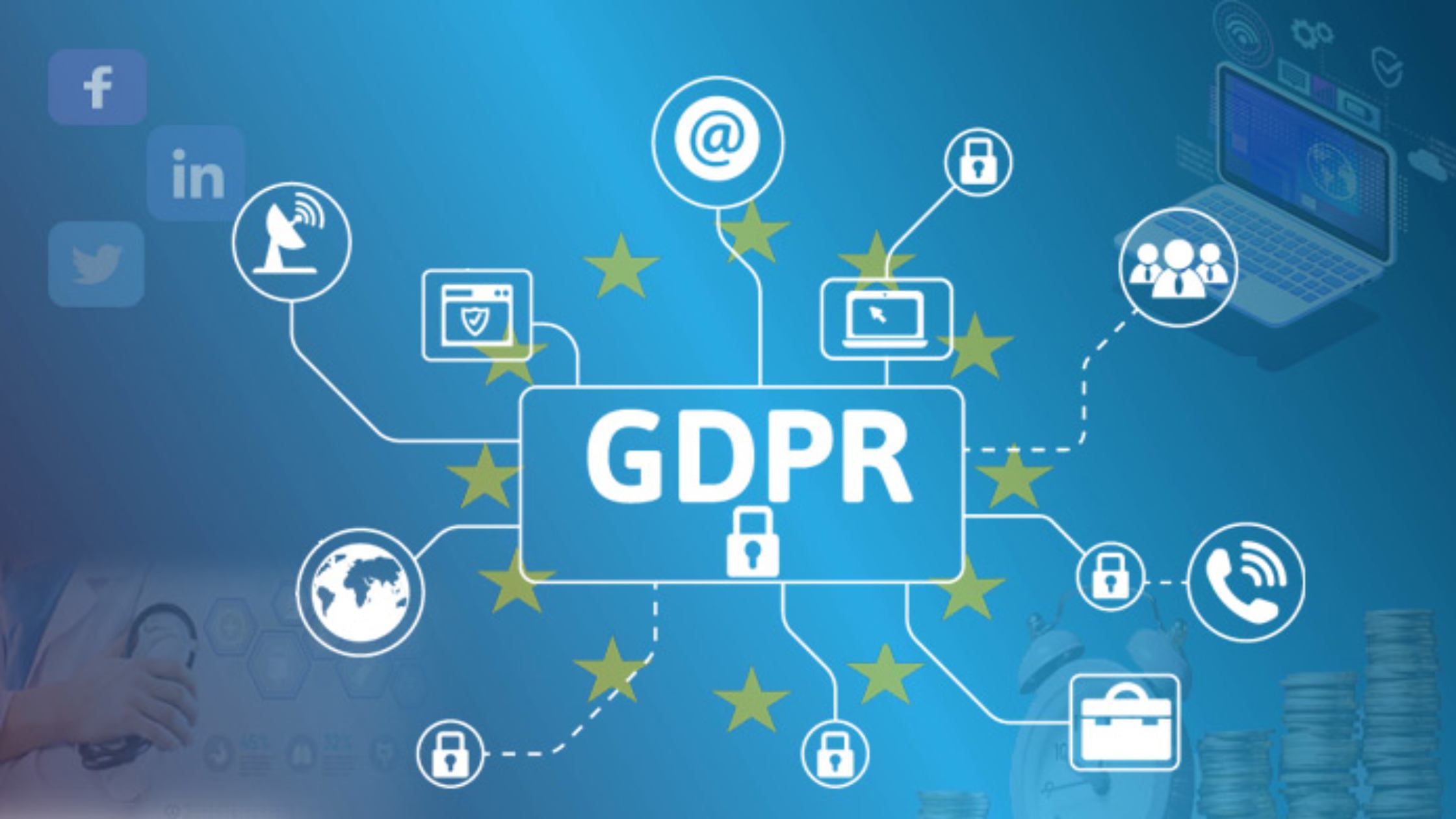Are you familiar with GDPR compliance requirements? It’s okay if you’re not since GDPR is a complicated and continuously changing piece of legislation. The main issue is the protection of data. The consumer has control over their personal data and all data stored on the internet is protected. It doesn’t matter if you’re just beginning to learn about GDPR or are looking to find out more about what it demands from businesses around the world.

HIPAA (Health Insurance Portability and Accountability Act) and GDPR (Global Data Protection Regulations) are two acronyms healthcare professionals and companies handling personal information should be aware of. HIPAA or the Health Insurance Portability and Accountability Act in the United States regulates the disclosure and use patients’ personal data. GDPR (General Data Protection Regulation) is a regulation made by the European Union (EU). It applies to all companies processing personal data from EU residents. Although they might have different objectives, they all share the same aim: protect personal data’s privacy and security.
Why HIPAA and GDPR Compliance is Important
There are many reasons why compliance with HIPAA/GDPR is essential. It safeguards sensitive information from unauthorised access, disclosure, or misuse. For example, healthcare providers may have sensitive medical information that could be used to commit medical fraud and identity theft. Businesses handling personal data like names, addresses, email addresses and any other information that could be used to facilitate identity fraud, scams, or phishing are subject to the GDPR.
Additionally, the regulations must be adhered to. HIPAA regulations apply to covered organizations like health plans, healthcare providers and healthcare clearinghouses. HIPAA violations could lead to civil penalties, criminal charges and damage to a health provider’s reputation. Any business that handles personal information of EU residents are bound by GDPR regardless of where they’re located. Failure to comply could result in huge penalties and legal actions.
In compliance with these regulations can create confidence with patients and clients. Patients and clients expect their personal information will be treated with care and in a respectful manner. In compliance to HIPAA regulations and GDPR regulations can show that a company is committed to security and privacy of data and is committed protecting personal data.
HIPAA and GDPR Compliance Essential Requirements
There are many requirements within HIPAA and GDPR that businesses need to be aware of. In the case of HIPAA, covered entities must ensure the confidentiality, integrity and availability of electronic protected health information (ePHI). This includes implementing physical, technical, and administrative safeguards to secure ePHI from unauthorised access, use, or disclosure. In the event of security breaches or incidents that could compromise security, all covered entities must have procedures and policies in their place.
In order to comply with GDPR, companies must have the explicit consent of individuals for the processing and collection of their personal information. Consent must be granted completely, without ambiguity written down and in a specific manner. The GDPR requires that businesses offer individuals the right access, rectify , and erase their personal data. To safeguard personal data businesses need to take the appropriate measures to protect their organization and technology.
HIPAA Compliance and GDPR Best practices for compliance
Business must follow best practices in order to be in compliance with HIPAA/GDPR regulations. Here are some best practices:
Risk assessments should be conducted frequently by companies to evaluate the risks to integrity, confidentiality, accessibility as well as security of personal data. This can help you recognize security weaknesses and establish the proper security measures.
Access controls only authorized employees must be granted access to personal data. This could include using strong passwords, multi-factor authentication and access control that are based on the principle of most privilege.
Training employees: Employees should be trained on data privacy. This will help to prevent accidental or intentional data security breaches.
Plan for the response to an incident Businesses should develop plans for dealing with security breaches and incidents. This may include the creation of a response team and regularly communicating with them.
If you are a business that processes personal information, HIPAA Compliance and GDPR compliance is crucial. The regulations were created to protect sensitive information from improper access, disclosure or misuse. They also show a commitment towards data privacy and security. Businesses can implement best practiceslike performing risk assessments, setting up access control, training employees and developing incident response plans to ensure compliance with these regulations.
For more information, click HIPAA Compliance News and Advice
